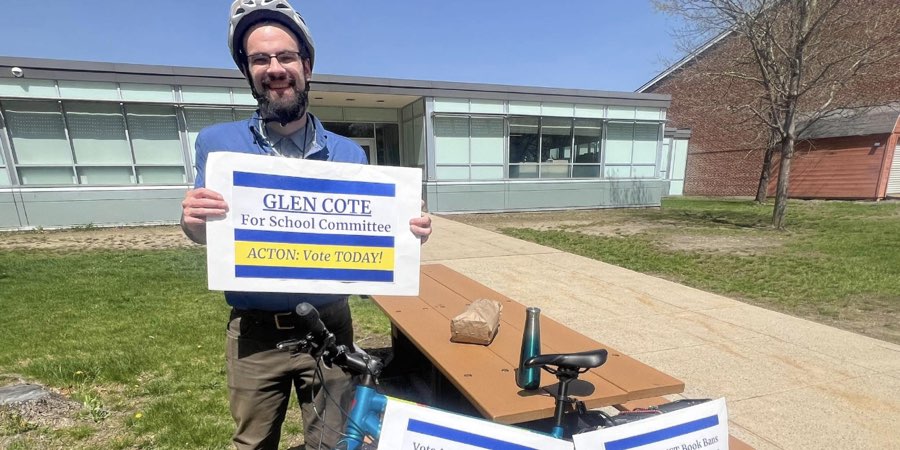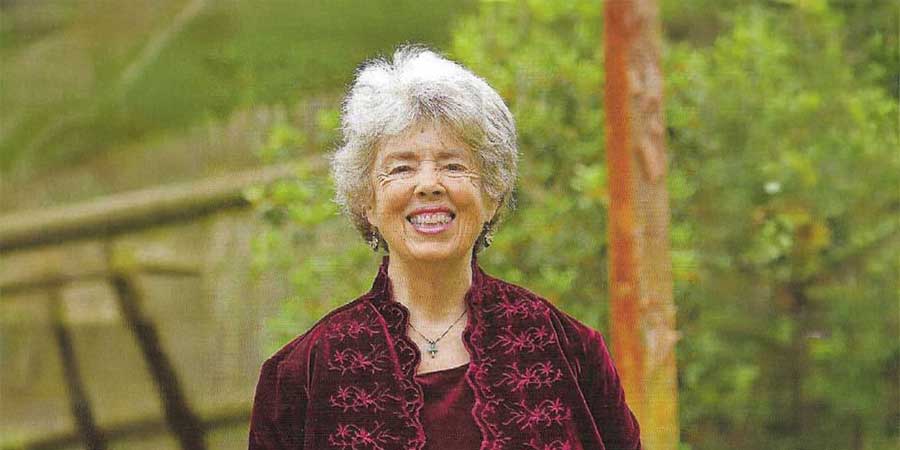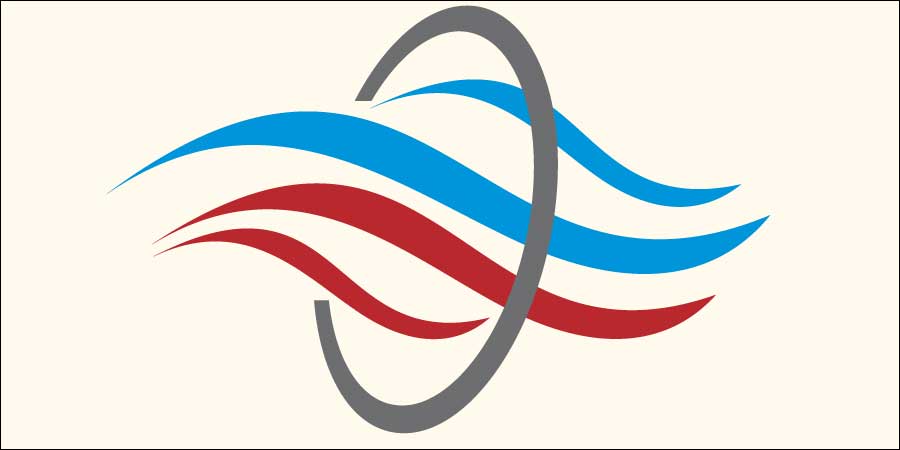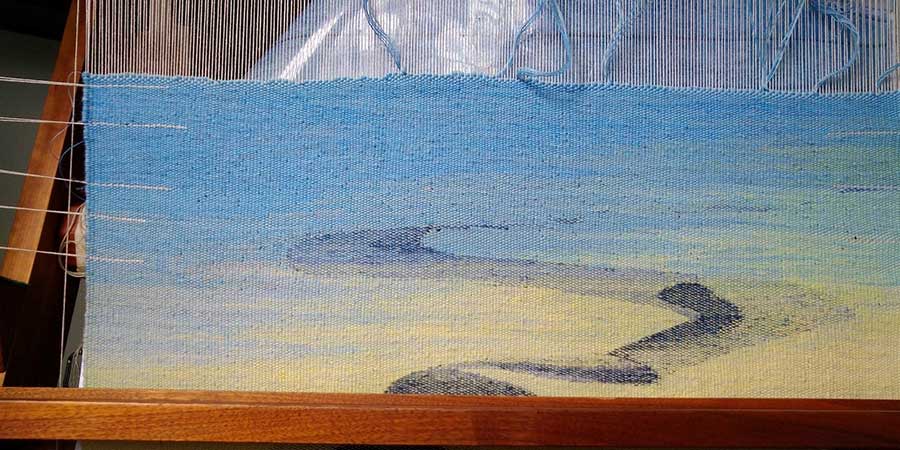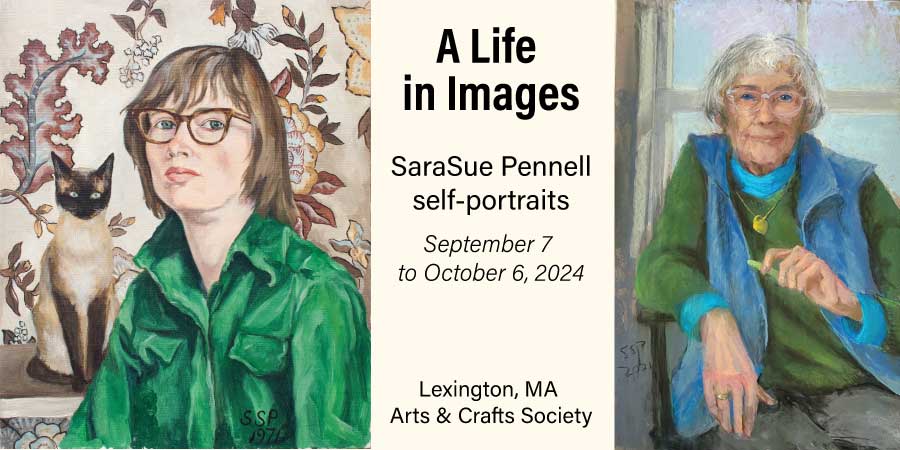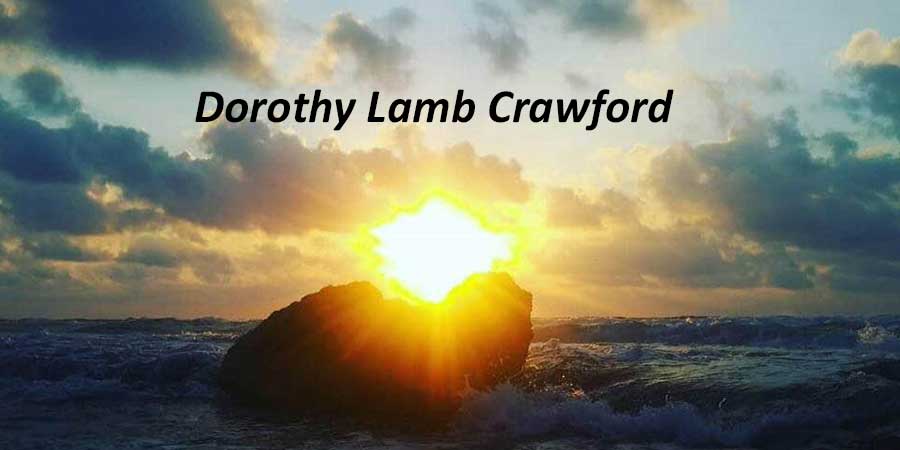For generations, agreements about how to interact in our Quaker community were passed on implicitly — folks picked up on the “agreements” through osmosis over time. But in recent years, not only have we been joined by many folks with little background in Quaker ways, but many of our practices have been eroded by the power of the cultural forces that surround us. We live in a time of partisan politics, contentious debates, and the erosion of civil discourse, and these attitudes and behaviors have seeped into our Quaker spaces.
At this time, it feels important for us to reacquaint ourselves and re-commit to practices which have stood Quakers in good stead over the centuries. If practiced with discipline and love, rather than having a stifling effect on our interactions, these community agreements will permit us to address the conflicts that will naturally arise among us in ways that encourage trust, openness, and creativity.
The Blue Sky group has compiled this list of agreements from a combination of multiple Yearly Meeting Faith and Practice publications, from organizations that build “brave spaces” together, and from community feedback. We offer this document as a starting place and look forward to continuing the process to create something that works for FMC.
This draft incorporates dozens of pages of community input, but we expect that it will continue to evolve. If you have responses or feedback, we’d love to hear from you at blueskygroup@fmcquaker.org.
If you would like to learn more about Quaker Faith and Practice, here are some links that we hope will be helpful:
https://neym.org/read-approved-chapters-faith-and-practice
https://www.pym.org/faith-and-practice/
https://www.npym.org/sites/default/files/NPYM%20F%26P%20-%20March%202018.pdf
https://qfp.quaker.org.uk/
Welcome to Friends Meeting at Cambridge
The acronym L.I.G.H.T. lifts up the guiding principles of the Friends Meeting at Cambridge community and the spirit of our community agreements. It serves as a reminder to center ourselves in these values in all our interactions, fostering a community that is compassionate, respectful, and spiritually grounded.
L – Letting Our Lives Speak
We endeavor to live in a way that reflects love, peace, and tenderness. We aspire to be patterns and examples, recognizing and responding to the Light in everyone
I – Integrity
We speak and act faithfully from our experience, heart, and spiritual leadings. We take responsibility for our words and actions, and strive to restore relationships when harm occurs. We are accountable to one another with love and compassion.
G – Gratitude for Gifts
We hold each other in the Light, respecting each other’s gifts and work. We listen to one another with openness and resilience, aspiring to be kind and deeply respectful of one another’s experiences in all our interactions.
H – Healing and Compassion
We practice forgiveness, support, and healing in our community, especially when one of us has slipped or fallen. We bear one another’s burdens with tenderness and help each other rise with love.
T – Transformation
We believe in the potential for continuing revelation and transformation. Through expectant worship and waiting on the Light, we open ourselves to divine guidance and new understandings.
FMC Community Agreements in Practice
In all of our community interactions, including large meetings and small groups, either face-to-face or online, we do our best to adhere to the following agreements:
- We speak for ourselves — from our experience, from the Light we are given, and from our hearts; we express our views faithfully, with kindness, and mindful of our impact on the gathered group.
- After speaking, we release our concerns to open ourselves to new Light, fresh understandings, and the presence of the Spirit moving among us.
- We hold all serving Friends and their work in the Light with gratitude and respect.
- In both our verbal and nonverbal communication, we take care not to criticize the views of others or work to persuade them; we humbly and respectfully question or challenge ideas, not the individuals who offer them.
- We listen with respect and resilience, “hanging in” when something is hard for us to hear; we welcome respectful questions or challenges to our ideas. In turn, we humbly and respectfully ask questions to check our assumptions, understandings, and sources of disagreement.
- We endeavor to be responsible to one another. This responsibility takes many forms:
- When, as individuals or committees, we receive an inquiry, request, or feedback from someone in our community, we take responsibility to respond lovingly and in a timely fashion and, if needed, work toward a resolution.
- We take responsibility for the effects of our words and actions, understanding that they may cause harm despite our intentions. When we become aware of such harm, we seek to restore the relationship with another Friend and/or the community as quickly as possible and are open to loving guidance.
- With divine assistance, we take responsibility for holding ourselves and each other accountable, and to be similarly held accountable, with love, tenderness, and compassion.
FMC Community Agreements in Clerked Meetings
- We hold our meetings for business in worship, seeking divine guidance.
- We take time to prepare both our hearts and minds before we meet together (e.g. reading advanced documents and holding concerns in prayer).
- We wait to speak until we are recognized by the clerk, and when we speak, we address the clerk.
- We consider carefully whether we are called to speak to a particular item and are mindful of sharing time. We try to refrain from repeating what has already been spoken and speak only to the matter under discussion. If we have not participated in previous discernment on an ongoing issue, we exercise special care in speaking to the issue.
- We allow time between speakers for the gift of the message to be processed in Spirit.
- We listen, wait, and try to respond from the Light, rather than reacting quickly to an offered message.
- When an emerging decision does not reflect our sense of the Light, but the meeting is clear to go forward, we may feel led to “stand aside.” The act of “standing aside” is an expression of community with the meeting as it seeks way forward in Spirit.
- On rare occasions, and after spiritual searching, we may be unable either to unite with or to stand aside from a decision the meeting is ready to make and ask the group not to proceed. We understand that the meeting will make a spirit-led decision about whether or not to go forward.
- Spiritual unity requires us to be tender and loving to those who disagree with a proposed course of action and to labor to understand and learn from dissenting ideas.
- When the meeting is in unity and a decision is made, we acknowledge our unity with the meeting by accepting with good grace the consequences of the decision for the meeting and for ourselves.
Working draft 12/8/24



